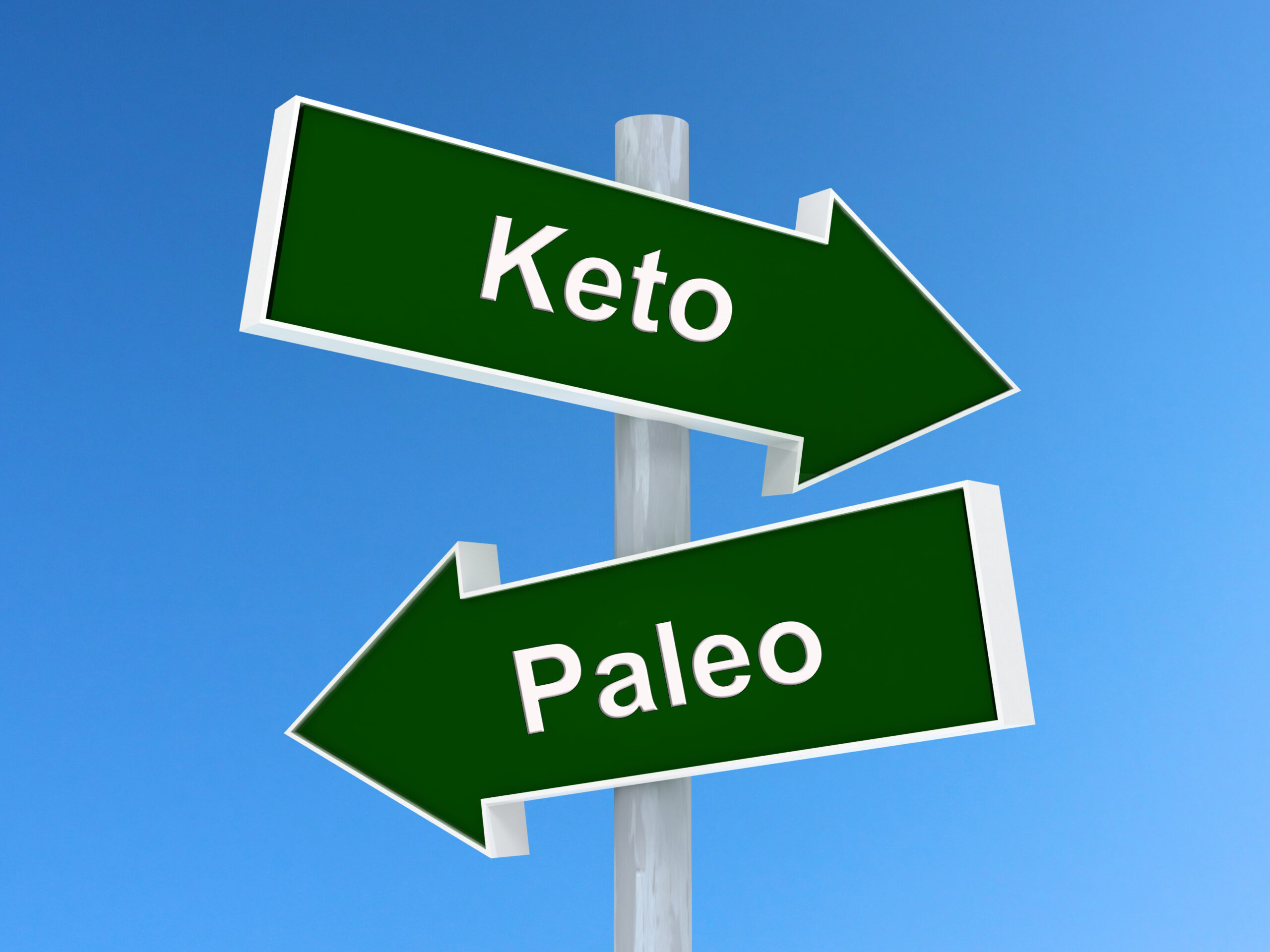The two most commonly talked trace minerals with clinical significance are Zinc and Selenium. Zinc plays an important role in carrying out the various enzymatic reactions including DNA, RNA and protein synthesis in our body. Apart from that Zinc is required for the nerve transmission, growth hormone synthesis and prevention of damage from the free radicals.
It has been reported that most of Zinc deficiencies lead to lower respiratory tract infections, diarrhea amongst the kids and malaria. Other common symptoms observed are poor wound healing, hair loss, skin irritation and decreased immune response.
Zinc requirement is very essential amongst the children, adolescents, elderly people and people who are chronically sick. Mild to moderate deficiencies are common however severe Zinc deficiency is rare.
The common sources of Zinc include red meat, poultry, seafood, nuts, legumes, fortified cereals and whole grains. Oysters are one of the richest sources of Zinc amongst the seafood category. Various Zinc fortified cereals and flour are also available in the market. Zinc from animal sources has higher bioavailability as compared to the plant based foods because of the binding of Zinc to the Phytates (phosphorus in plants) thereby decreasing the absorption of Zinc. Phytic acid is the storage form of phosphorus in plants but when they are attached to a mineral they are called phytates. The presence of Calcium and Iron in substantial amounts in the food also decreases the absorption of Zinc.
Some recommendations to increase the Zinc absorption are
1. If consuming plant based food – soak, sprout or ferment the legumes. This will help in removing the phytic acid/phytates thereby increasing the availability of the zinc mineral.
2. Consume animal food but not in excessive amounts especially red meat as it has been proved that it can lead to colon cancer and other inflammatory diseases.
3. Eat a well-balanced diet to prevent micronutrient deficiencies.
References
Roohani N, Hurrell R, Kelishadi R, Schulin R. Zinc and its importance for human health: An integrative review. J Res Med Sci 2013;18:144-57.
Cabrera AJR. Zinc, Aging, and immunosenescence: an overview. Pathobiol Aging Age Relat Dis 2015; 5:1, DOI:10.3402/pba.v5.25592.
Gammoh NZ and Rink L. Zinc in Infection and Inflammation. Nut2017,9(6),624:1-25.


